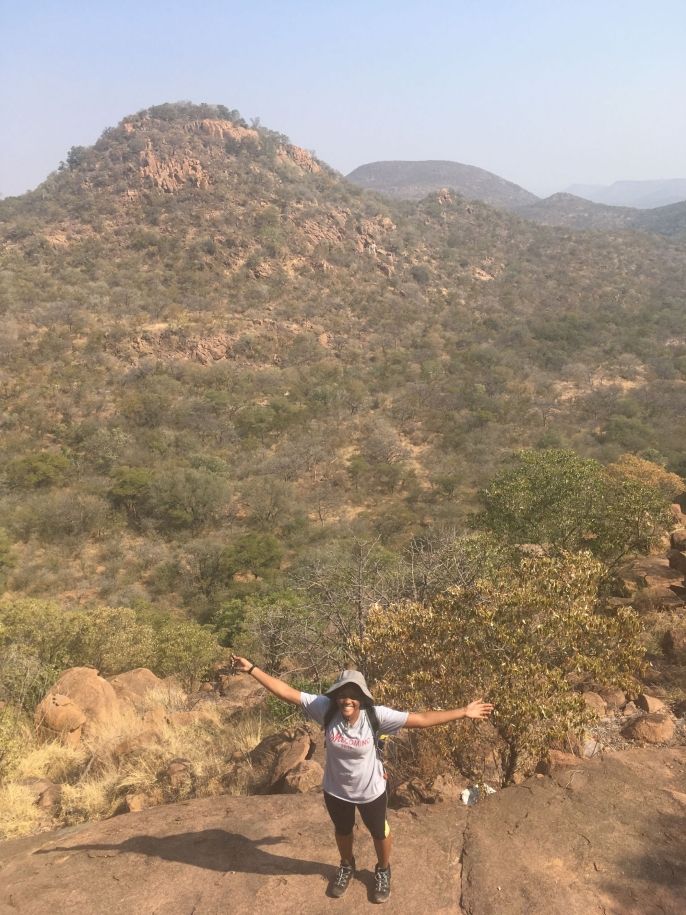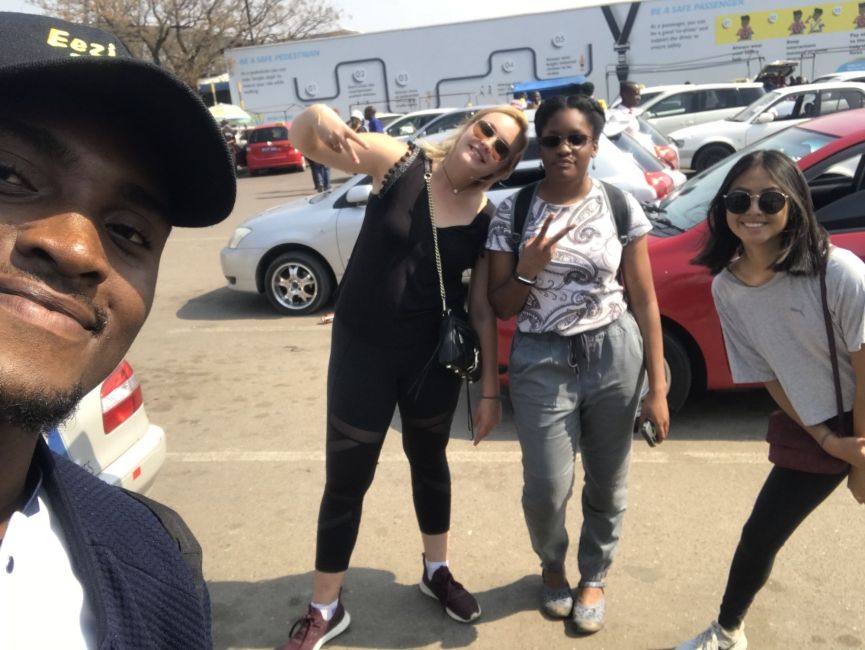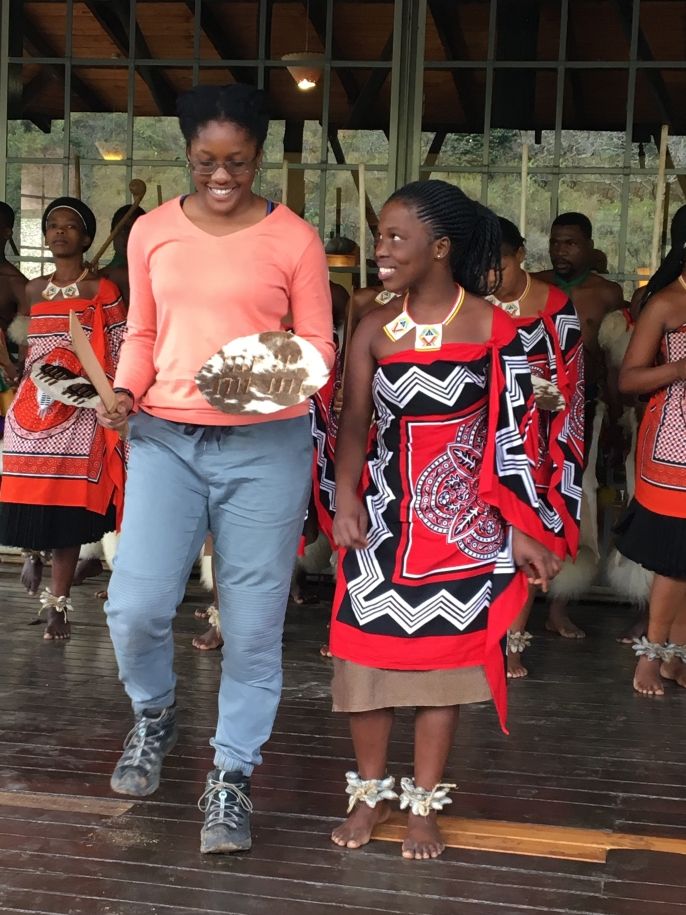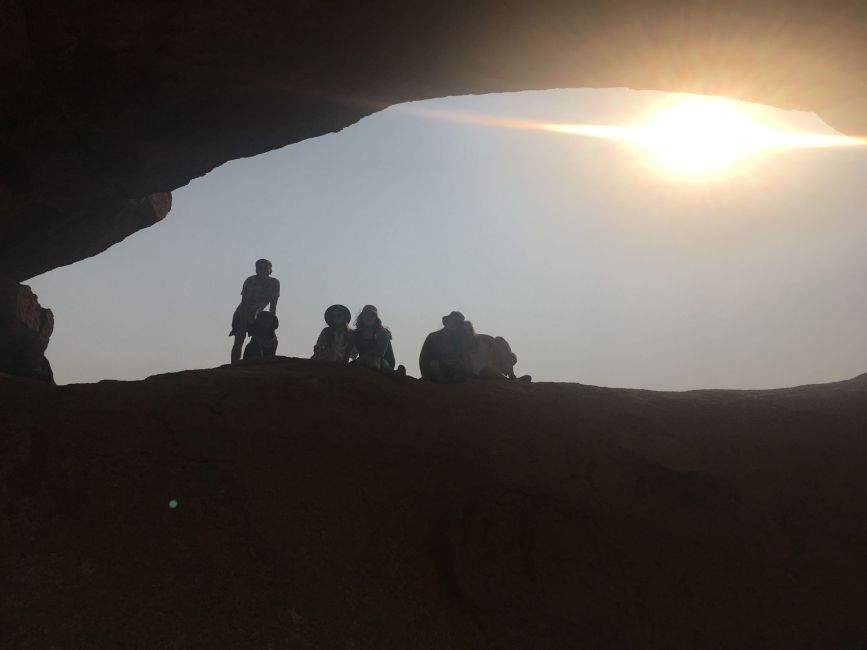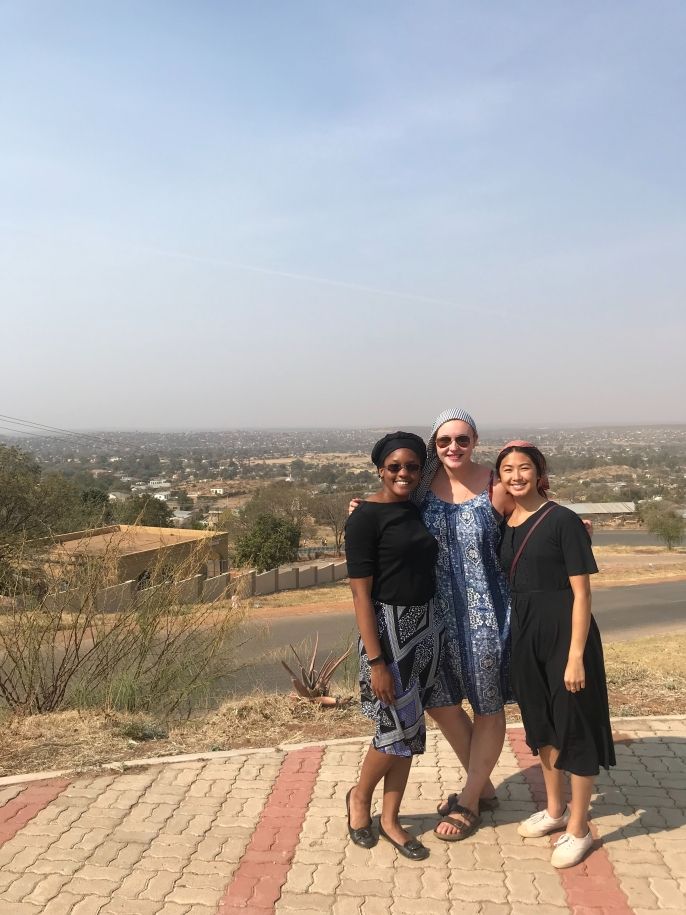Ga Ke Motswana
When I decided to study abroad in Botswana, I knew that during my time here I would be invisible. I’m an African-American, so going into this program, I knew that the color of my skin wouldn’t be something that really made me stand out. About a month before departure, our program director led an online session and encouraged us to think about our goals for the semester, our identities, and our stories. One topic she focused on was the idea of visibility and invisibility. Some of the main perceptions about Americans, largely due to social media and reality television, say that we are wealthy, rude…and white. My identity as an American is something that would make me visible as I study in Botswana; physically, however, I would not attract the same visibility as the other people in my program because of the fact that I’m of African descent.
Before arriving in Gaborone, I thought a lot about how this would play into my interactions with local Batswana because being invisible, in this sense, was something I’d never experienced before. Growing up, I learned to be comfortable with the fact that whenever I looked around my classroom, around my neighborhood, and around my university, I would always be visible in a sea of white faces. The first few days on campus were honestly kind of liberating in their own unique way. In spite of the fact that I had absolutely no idea where I was going, my presence wasn’t received with prolonged stares like everyone else in my program; I was physically invisible and blended right into the crowd of UB students. I quickly learned, however, that this invisibility also came with the assumption that I was a Motswana. People would- and continue to- come up to me and speak in rapid Setswana, to which I chuckle slightly, smile, and respond, “Ke maswabi, ga ke itse Setswana.” Often times, my response is accompanied by a look of shock or disbelief, but once I start speaking in English, my accent easily shows that I’m not from Botswana.
Even now as I begin my 15th week in this country, it’s so interesting to see how a person’s appearance informs the way others view and interact with them. After I’m initially approached under the assumptions of being Motswana, I can almost hear the preconceived notions and connotations shatter when words flow from my mouth. I am not the stereotypical image of what an American is portrayed to be, but I think that’s something that makes my experience in Botswana so important. Regardless of an individual’s personal goals, I believe that the overarching purpose of study abroad is to expose yourself to other cultures and ways of life; this process is dynamic and goes both ways because as you learn from your new surroundings, every single person you engage and have conversations with acquires a new lens, a new perspective about your life, your values, and your country. Through these interactions and after my transition into a visible status, the floodgates have been opened to allow for cross cultural understanding and conversation.
Related Posts
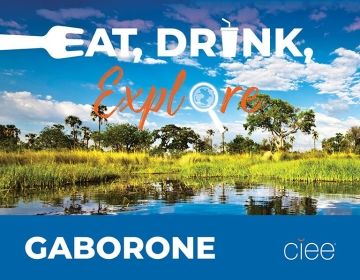
Eat, Drink, Explore: Gaborone
BEST FOOD TO EAT IN BOTSWANA Africa is a meat-eating continent, and Botswana is no different. The country’s national meat dish has two names: “ seswaa” in the Central District... keep reading
Study Abroad in Botswana Africa
For my study abroad, I chose the Community Public Health Program in Gaborone Botswana during the Fall 2024 semester. I am a public health major on a pre-PA track and... keep reading
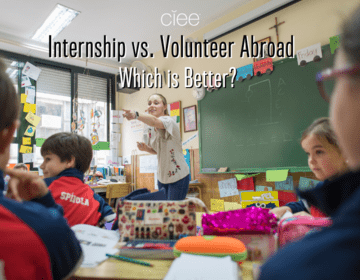
Internships vs. Volunteering Abroad: Which is Better?
Are you looking for internship or volunteering opportunities while abroad? You’re in luck with CIEE! Follow along as we detail the differences between internship vs. volunteer work and what you... keep reading
